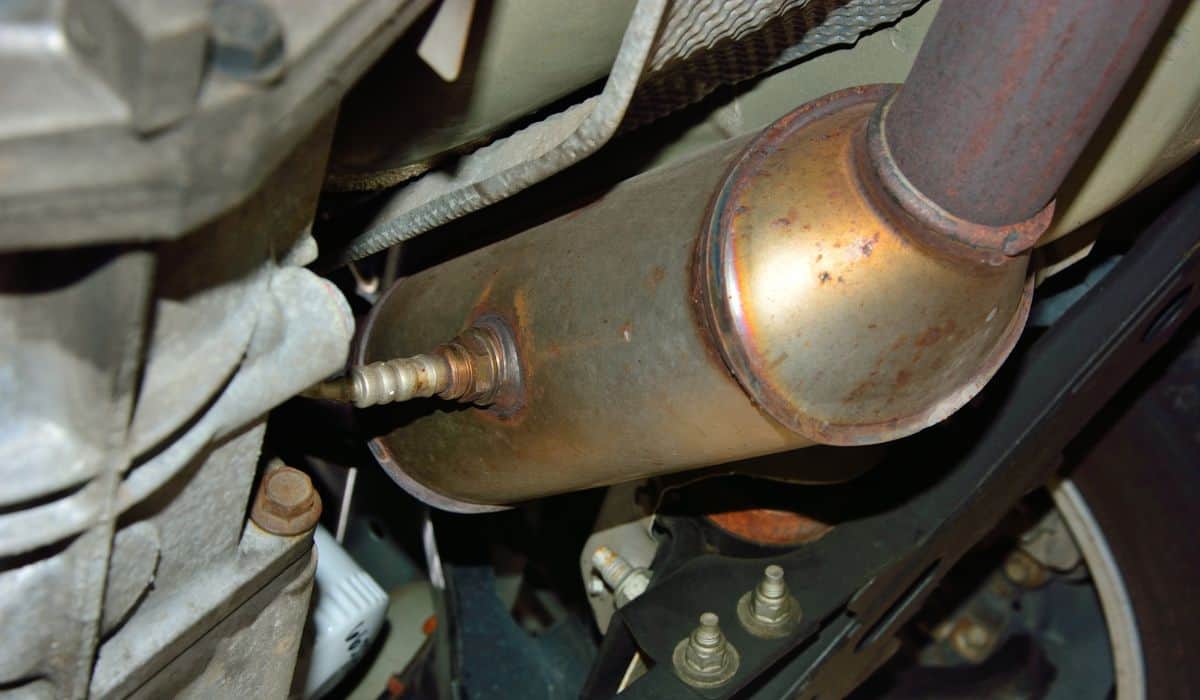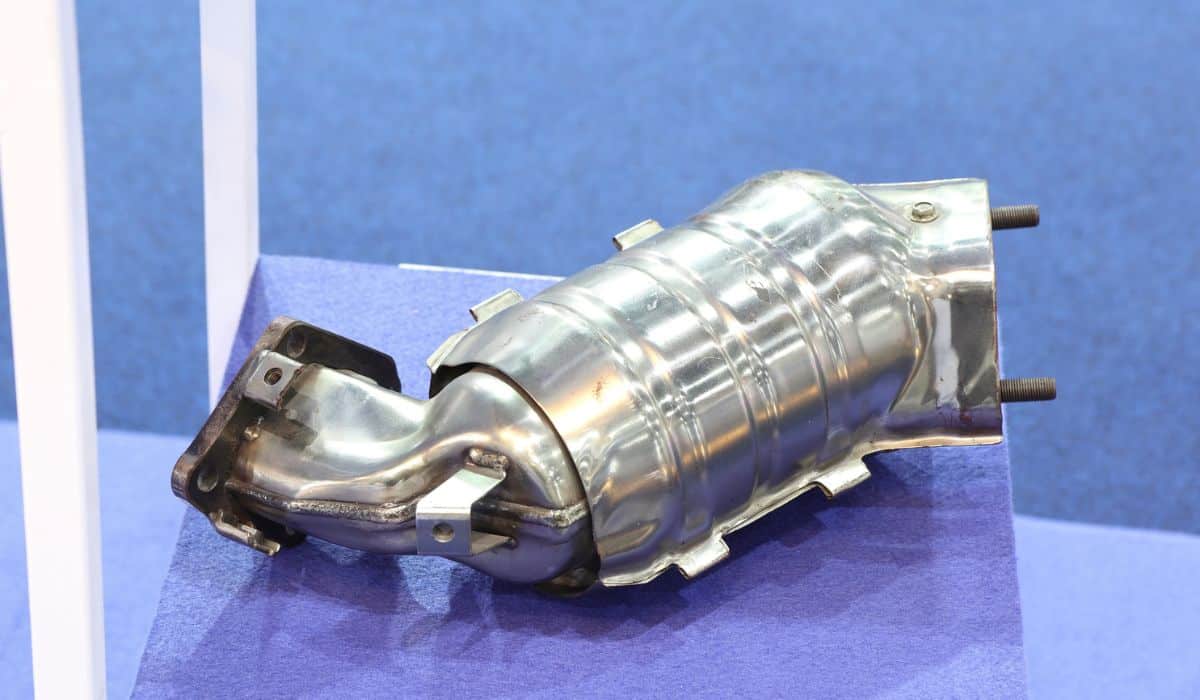Are Catalytic Converters Interchangeable?
Catalytic converters encounter problems all the time. However, they’re an essential component of the exhaust system, and several states require converters to remain street-legal. So, if you need to replace your catalytic converter, what can you do?
Universal-fit converters fit nearly any car and can be interchangeable. But they require extra fabrication, like cutting and fitting pipes. Universal converters typically require professional installation. Direct-fit options are vehicle specific, more expensive, and easier to install.
Don’t get frustrated if your catalytic converter breaks down and you need a replacement. There’s a lot to consider when looking at replacement options. Let’s take a deeper look at everything you need to know to find the best parts for your car.
Are Catalytic Converters Interchangeable?

If you need to replace your catalytic converter, you may search for specific parts that match your vehicle model. You might scour the internet for different forums and marketplaces but have no luck.
Fortunately, universal catalytic converters are interchangeable and work with nearly any vehicle. Therefore, universal converts are excellent if you can’t find a direct-fit option for your model. However, a few factors must be considered when selecting a replacement catalytic converter.
Direct-Fit vs. Universal Catalytic Converters
You’ll find direct-fit and universal aftermarket vehicle components, including replacement catalytic converters. Each option has advantages, disadvantages, and best-use cases. Let’s take a deeper look below.
Direct-Fit Catalytic Converters
Direct-fit and manifold converters can bolt onto a vehicle without additional alterations to the mount space and exhaust system.
They have fittings on either end that remove the need for extra cutting, welding, or adjustment. Direct-fit catalytic converters are typically manufactured with the constraints and features of specific vehicle models.
- Easy installation process.
- Almost zero fabrication is required.
- Bolt-on construction.
- Model-specific.
- More expensive.
Direct-fit converters are typically more expensive than universal options but are excellent for DIY projects as they can be installed with essential tools. It’s recommended to purchase a direct-fit option if your car has a factory-fitted or OEM-style exhaust system.
Universal-Fit Catalytic Converters
As you might expect, universal-fit catalytic converters can work with nearly any vehicle as long as the measurements are correct.
However, these models require modifications and additional fabrication, including cutting pipes, fitting components, and special tools. Universal-fit options also need specific vehicle parts that are purchased separately.
- Typically requires professional installation.
- It can fit nearly any vehicle.
- Additional fabrication is required.
- Affordable.
It’s best to hire a professional mechanic to install a universal-fit converter, as it requires a lot of time, effort, and experience. However, this option is recommended for vehicles currently using a universal fit or if you’re looking for affordable alternatives.
How to Choose the Right Catalytic Converter for Your Vehicle
You have two primary options when replacing a faulty catalytic converter: Professional replacement or DIY installation. But you’ll need to know what to consider before you can start looking up part numbers and taking measurements. So, let’s take a deeper look below.
What to Consider
So, what should you consider when selecting a replacement catalytic converter?
- First, you’ll want to know what type of system is installed in your vehicle. Look for the emissions equipment sticker under your hood. You’ll see an Environmental Protection Agency (EPA) or California Air Resources Board (CARB) decal.
- Next, determine what state your vehicle is going to be registered in. States can choose to follow the EPA or CARB regulations. For instance, California follows CARB, while New York adheres to EPA guidelines. Consult your DMV online or in person if you aren’t sure what your state uses.
- Lastly, consider Direct-Fit or Universal-Fit Converters. You might want a direct-fit option for easy installation, but they’re not available for every model. If you opt for a universal fit, ensure it follows your state’s guidelines and has the correct sensor ports.
You’ll want to consider these factors besides price, manufacturer, and installation timeline. Following your state’s legal requirements is one of the most critical aspects of installing a replacement catalytic converter. Otherwise, you risk hefty fines and emissions test failure.
Can I Use Something Else Instead of a Catalytic Converter?

Technically, running a vehicle without a catalytic converter is possible, but it’s not recommended as a long-term solution. Some of the problems of using a car without a converter include the following:
- Louder vehicle noises
- Rough handling and acceleration
- Illegal to drive with the risk of expensive fines
- Harmful emissions
- Failing emissions testing
These are the most common issues when driving without a catalytic converter. Technically, you can use a straight pipe, but your car will no longer be street-legal. You’ll risk hefty fines, and the loud vehicle sounds will be an easy giveaway.
You won’t pass emissions testing without a catalytic converter, either. Instead, you can look for direct-fit options for easy installation or universal-fit converters for affordability. This way, you can stay street-legal, avoid expensive fines, and maintain your vehicle’s performance.
